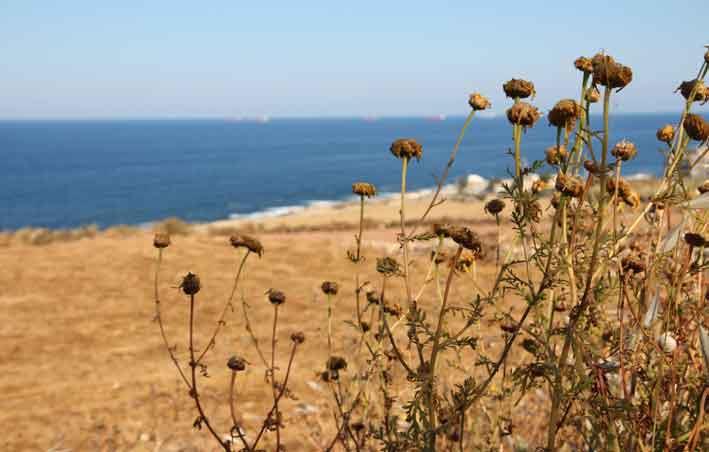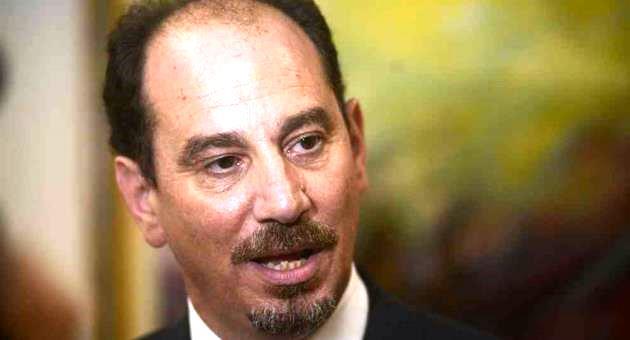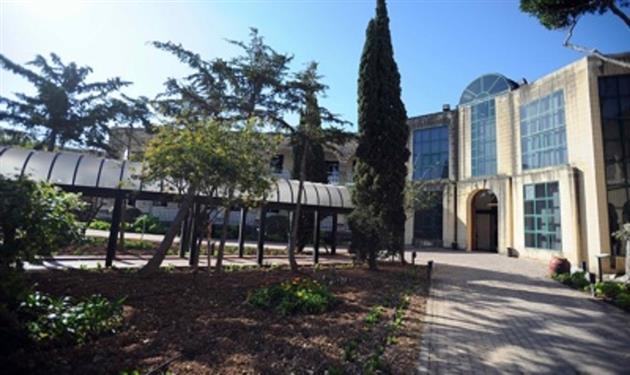PN MP Mario De Marco has argued the importance of protecting the environment in Parliament.
Parliament was discussing a motion to amend the Strategic Plan for the Environment and Development with the Environment and Planning Act.
Turning to the previously used structure plan, he argued that whether or not it was a success or not would be a hot topic for debate, however admitted that the way it was interpreted was not always in the best was for Malta. "The concept that it would be substituted with a more holistic one with a focus on environment, shows we wanted the environment to come before the development, rather than vice-versa".
The aim of this plan is to contribute to Malta's competitiveness, he explained. "The reality is when discussing competitiveness, people think of economic competitivity and development, resulting in more construction. There is a perception that If one doesn't help development, then Malta would not be as competitive. Today, the reality is that competitive economies look at how to be environmentally competitive".

"The SPED must look at and consider environmental considerations and take decisions that make sense environmentally. This is different from saying that they looked at the environmental aspects and continue doing whatever they planned in the first place".
He spoke of the importance of continuous economic growth, however said that it would be a mistake of going for economic growth above all else, without other considerations. We must be able to learn from our past and be conscious of our country.
He questioned the idea of a government accepting every project on the basis of economic development.
"There must come a time where, if we see strong negative effects on the environment, we must have the courage to say no".
He stressed the need to learn from past mistakes and work not to repeat them. "We are one of the smallest EU countries with one of the densest populations and smallest percentage of open countryside in Europe".
He argued that as legislators, they have the responsibility to look forward in the interest of future generations, and not just at legislative cycles.
He explained that SPED describes itself as a plan to strengthen competitiveness, "where social-economic development will assist national environment objectives. This is not enough. We must work for the types of developments to incorporate the environment".
"SPED should be the constitution for development in our country".

He stressed that there are those in MEPA who are capable of drafting up a plan of this sort, and urged less political intervention.
The MP brought up a particular point within SPED, which states that an "'appraisal will be carried out of the 2006 Development Zone boundaries to define detailed criteria to guide minor additions, which include the addition and exclusion of lands from these development areas'. This means that aside from trying to contain development boundaries, the SPED opened the door to modify our development areas. He argued that a large number of vacant properties currently exist around the islands. "This is a perilous exercise".
Turning to how Malta is compared to foreign countries by government, he argued that "While Dubai has a successful economy, so does Malta. We do not need to be Dubai, Singapore or Hong Kong as what we have achieved is a success in itself. We don't need to emulate any other country. Let's look at our assets and protect them".
He said that the time has come to identify certain areas where there is a shortage of persons when compared to the amount of housing, "where we would declare them identified zones, giving financial incentives to attract people to those areas".
He joined Din L-Art Helwa in the call for two clauses to be removed from SPED. The first states that if no feasible alternatives exists in an urban area, then development may be permitted in an ODZ. The second deals with projects of a sustainable nature, which would be allowed to be built in an ODZ "as a last resort where it is essential for the achievement of sustainable development."

Labour Whip Godfrey Farrugia explained that the SPED will give direction up to 2020, “after which we will see the vision of that elected government”.
Dr Farrugia said that the SPED will be an overarching document that will substitute the MEPA Strategic Plan that has been used since the early 90s. “Experience has shown that aside from a set of regulations, these were subject to a number of loopholes where people abused the situation for themselves and created havoc on the environment”
“In a globalised world we compare and contrast our GDP with other countries. This is good, however without a doubt, this reflects human made capital. This statistic is tied to the natural capital that can easily become vulnerable that can easily be available by the control humans have over it”.
“The aim of SPED is to show the political vision for planning, keeping in mind the impact it would leave on the environment and the economy. The SPED stipulates the objectives and not regulations, which will be within local plans.
The SPED will be an overarching document that will substitute the 1992 Strategic plan, he added.

Dr Farrugia explained that since 1992, experience showed that while the strategic plan had regulations, they saw a number of loopholes that were abused by architects, politicians and lawyers for their benefit.
“This cannot be and this is why the esteem that MEPA is meant to be held is not there”.
“Government has an opportunity to make good decisions, to guarantee a direction for true sustainability”.
He mentioned that Malta is one of the highest populated countries.
“As legislators we have the obligation to create policies that are the voice of reason”.
He said that urban development zones were increased under the last legislature and these effects still need to be monitored.
As for the term ODZ, he explained that these areas must be protected, otherwise the natural capital of Malta will fail.
He argued that ODZ will only be used as the last choice in cases of education and health.